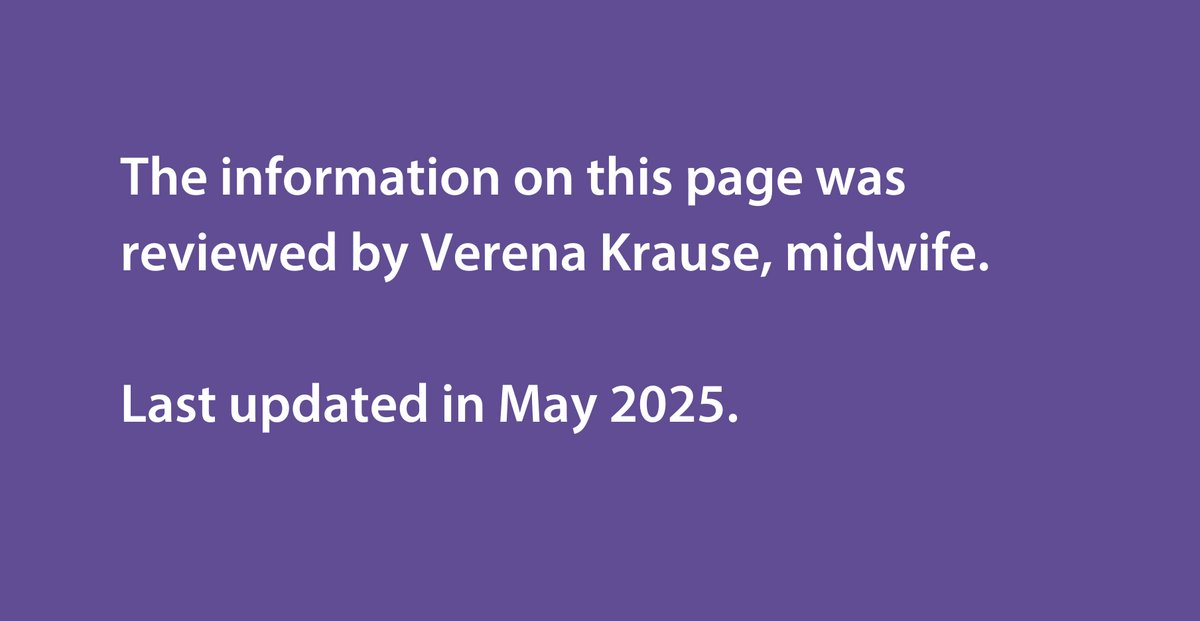Factors like income, education, and access to healthcare can affect the risk of preterm birth and pregnancy complications. For example, women with low incomes and limited access to antenatal care are more likely to have preterm births than those with better financial and healthcare resources. Other challenges include low education and lack of social support. Additionally, exposure to air pollutants and other environmental factors increase the risk of negative pregnancy outcomes, and there is growing evidence that these risks impact racial and ethnic minorities more.
A mother's age is important too. Teens under 17 and women over 35 are at higher risk for pregnancy complications or early delivery.
Ethnicity may also impact pregnancy outcomes due to systematic inequality that minorities might face. Studies in the U.S. show that black women have higher rates of preterm birth compared to white women.
Around the world, survival rates for preterm babies vary a lot. In areas with limited resources, about half of babies born very early (before 32 weeks) do not survive due to a lack of basic care like warmth, breastfeeding support, and treatment for infections and breathing problems.

